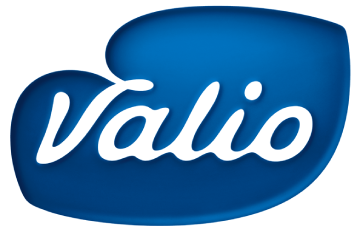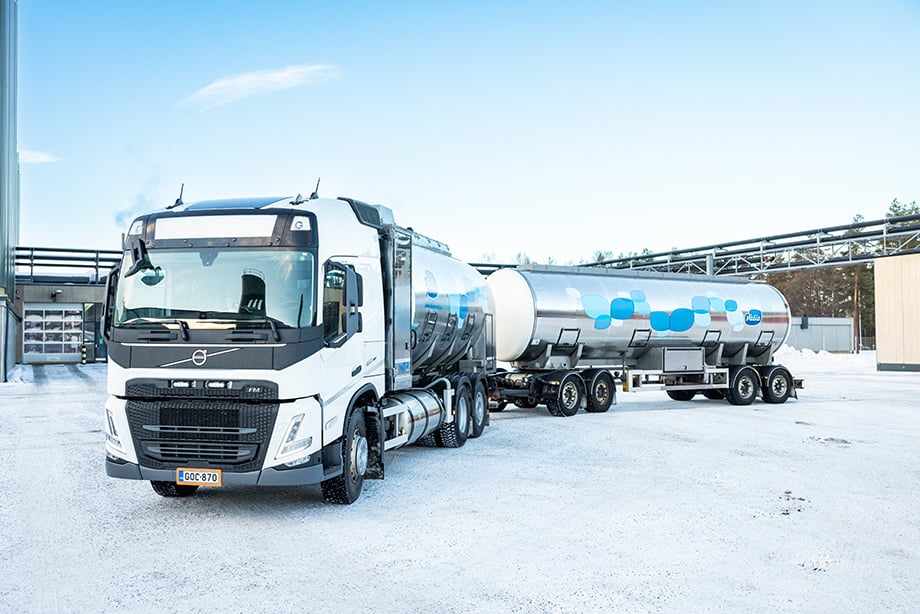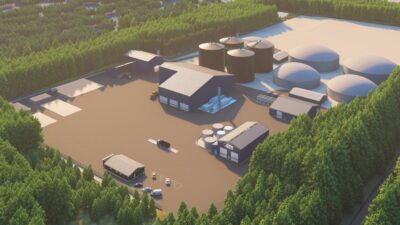Starting at the beginning of 2022, milk is being transported to the Seinäjoki dairy in a new truck that runs on liquefied biogas (LBG). The biogas-powered truck reduces the carbon footprint of milk collection by about 90 percent compared to a diesel-powered truck. Valio aims to annually increase the number of vehicles running on biogas.
Valio is targeting a carbon-neutral milk chain by 2035. One of the many ways to achieve the target is to reduce the carbon footprint of transport logistics. Valio’s goal is to annually increase the number of biogas-powered collection vehicles. By 2035, Valio’s fleet will run on renewable fuels like biogas, renewable diesel, hydrogen, or electricity.
Valio has a total of five biogas-powered trucks collecting milk, four of them run on liquefied biogas produced from household and industrial waste. One truck runs on pressurised manure biogas and refuels at the Vuorenmaa dairy farm in Haapavesi. The milk collection trucks used by Valio are replaced every 2–3 years, making it possible to quickly change to a more environmentally friendly transport fleet.
“All Valio milk and milk collection trucks are on the road nearly 24/7, each driving some 290,000 kilometres a year; this amounts to more than 20 million kilometres for Valio’s entire fleet. That’s why we frequently replace our vehicles and why we always have the latest and most climate friendly technology on the road,” says Petteri Laine, who as Head of Logistics is responsible for Valio’s milk collection and transports.
The new milk truck is refuelled with liquefied biogas produced from industrial side streams and municipal waste. It collects about 90,000 litres of milk every 24 hours from 40 farms around the Seinäjoki dairy. The intention in the upcoming years is to bring even more biogas-powered vehicles to the Seinäjoki region because the trucks drive to the dairy often and the refuelling station is conveniently located along the routes. Valio has had very good experiences with the usability and reliability of the biogas vehicles. Expanding the biofuel distribution network is critically important to expanding the fleet.
“Even though transports account for about 1.5% of the carbon footprint of the milk produced by Valio, reducing the fossil-based emissions of logistics is important for the carbon-neutral milk chain goal because collecting milk from some 4,000 dairy farms and delivering it to 12 dairies – in addition to transporting the many Valio products around Finland – adds up to a lot of kilometres on the road,” says Petteri Laine.




